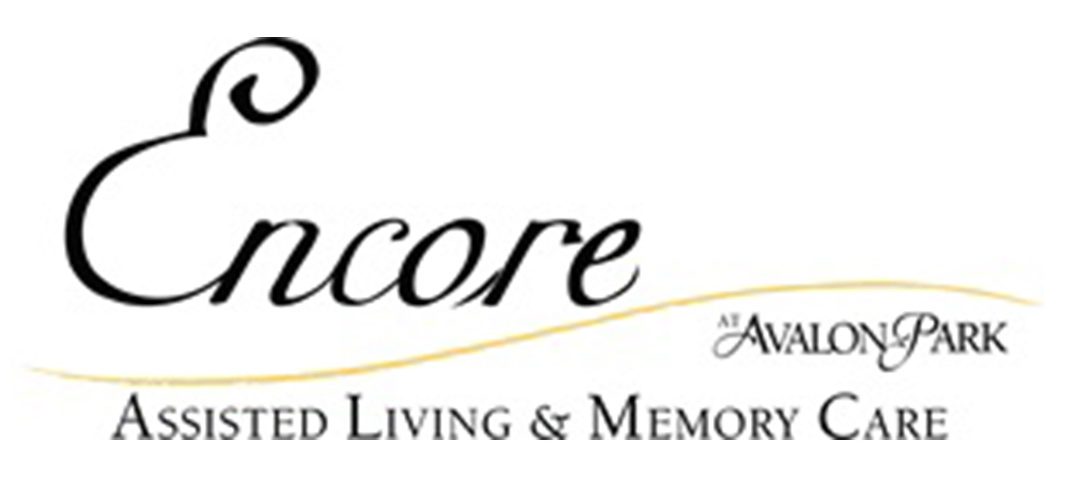What Is the Difference Between Dementia and Alzheimer’s?
March 5, 2020While most people have heard of Alzheimer’s disease and dementia, many are not sure about how they are related and have trouble discerning one from the other. If you have a loved one who is struggling with memory loss and their primary care doctor has alluded to either of these conditions, do not worry. Here are the differences between dementia and Alzheimer’s so you can better understand your loved one’s condition moving forward. 
Dementia vs. Alzheimer’s
Many people believe that dementia and Alzheimer’s are interchangeable because Alzheimer’s is so common and well-known. Although they are related, they are certainly not the same. Think of dementia as an umbrella term for a serious decline in mental ability. There are several forms of dementia caused by different factors. Alzheimer’s is one type of dementia that accounts for 60% to 80% of dementia cases.
Causes and Symptoms of Alzheimer’s Disease
Alzheimer’s is a disease that causes brain cells to waste away and die—a process known as degeneration. There is no single cause of Alzheimer’s, but instead, it has multiple risk factors. Some risk factors we can’t control, such as age, family history, and genetics. However, research shows a correlation between head injuries and heart health on future risks of Alzheimer’s. As the condition progresses, a patient will experience memory loss, personality change, and the inability to communicate.
Other Forms of Dementia
Besides Alzheimer’s, there are many other types of dementia that exist. We’ve listed several to show you just how complex dementia can be:
- Lewy Body Dementia – When an abnormal build-up of protein, called Lewy bodies, develop in the brain, this is known as Lewy body dementia. Ultimately, Lewy bodies develop in nerve cells which then impact thinking, memory, and motor control. Common symptoms include visual hallucinations, nervous system decline, and signs of Parkinson’s disease.
- Frontotemporal Dementia – This is an umbrella term for a group of disorders. They are caused by nerve cell loss in the brain’s frontal lobes or temporal lobes. Those two areas control decision-making, behavior, emotion, and language. Frontotemporal dementia tends to occur between the ages of 40 and 65. Common symptoms include loss of inhibition, drastic change in personality, and difficulty with language.
- Vascular Dementia – Vascular dementia involves issues of reasoning due to blockage or lack of blood supply to the brain. Low blood flow hinders oxygen and nutrients that the brain needs. Often, one can develop vascular dementia after a stroke, but this isn’t always the case. Factors that increase the risk of heart disease — diabetes, high blood pressure, high cholesterol — also increase the risk of vascular dementia. Common symptoms include loss of bladder control, lack of concentration, or even paralysis.
- Creutzfeldt-Jakob Disease (CJD) – Creutzfeldt-Jakob disease is a fatal brain disorder. Unlike Alzheimer’s, it progresses much more rapidly. It’s caused by the buildup of an infectious brain protein called a prion. Prions kill brain cells, build up plaque, and cause small holes to develop in the brain. Although it’s serious, CJD is rare. Common symptoms include involuntary movements, failing memory, lack of coordination, and blurred vision.
- Huntington’s Disease – This inherited disease causes progressive breakdown of nerve cells in the brain. It specifically takes place when there is a mutation in the HTT gene. This gene is in charge of creating a protein called huntingtin which plays an important role in nerve cell development. Although people are born with this disease, symptoms aren’t noticeable until middle age. Common symptoms are uncontrollable movement, sudden impulse, and fatigue.
- Mixed Dementia – This type of dementia takes place when conditions of more than one type of dementia occur simultaneously. It’s often difficult to detect the symptoms someone may be experiencing. The most common combination is symptoms of Alzheimer’s and vascular dementia. Since multiple forms of dementia occur, symptoms may vary.
Our Approach to Memory Care
No matter what type of memory condition your loved one is facing, Encore at Avalon’s specialized memory care community can support their needs. Our residents can trust our staff to always provide compassion, care, and a high standard of living. Call us today at 407-270-7500 to schedule a tour, or for any questions you may need answered.
